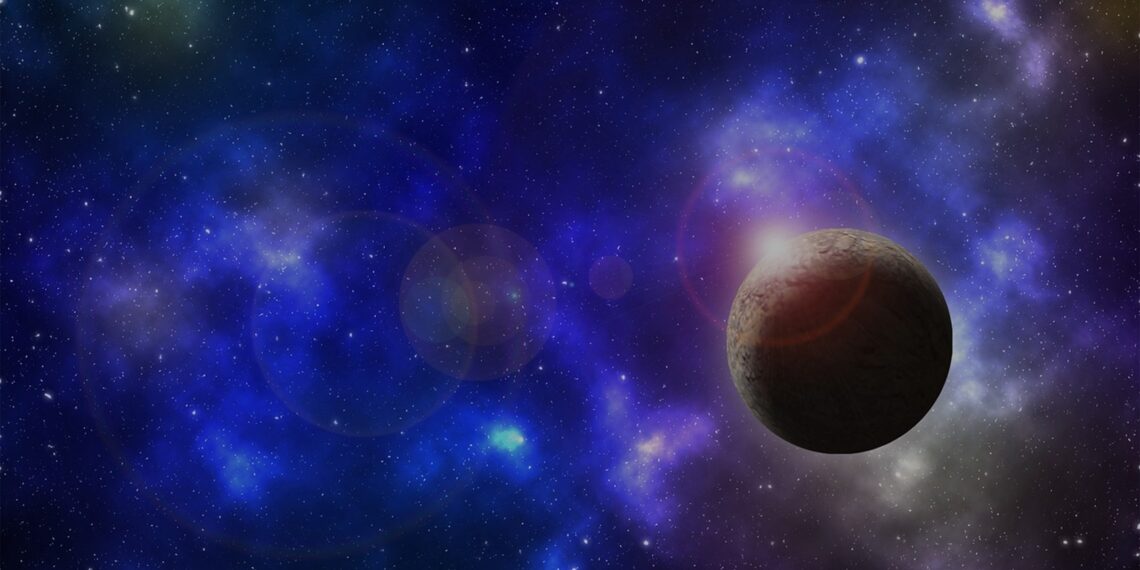New Delhi: In a groundbreaking study led by Indian-origin astrophysicist Professor Nikku Madhusudhan from the University of Cambridge, researchers have uncovered the strongest evidence yet suggesting the possibility of alien life on a distant exoplanet.
The findings, published in The Astrophysical Journal Letters, focus on K2-18b, an exoplanet located 124 light-years away in the constellation Leo.
Using data from the advanced James Webb Space Telescope (JWST), the team identified chemical signatures of dimethyl sulphide (DMS) and dimethyl disulfide (DMDS) in the planet’s atmosphere.
These molecules, considered potential biosignatures, are primarily produced by marine phytoplankton and other microbial life on Earth.
Professor Madhusudhan described the findings as “exciting,” noting that the signal indicating the presence of these molecules was “strong and clear.”
While an unknown chemical process could also be responsible for these compounds, the study highlights this as the most compelling indication yet of life beyond Earth.
The observations utilized JWST’s sophisticated instruments, including the Mid-Infrared Instrument (MIRI), which offered new insights by analysing a broader range of wavelengths.
These observations achieved a statistical significance of ‘three-sigma,’ meaning there’s a 0.3% chance the results are due to random noise.
However, to confirm the findings as a scientific discovery, a five-sigma threshold—representing a less than 0.00006% probability of error—must be met.
To bridge this gap, researchers estimate that an additional 16 to 24 hours of observation time with JWST would be required.
The team also noted that the concentration of DMS and DMDS on K2-18b appears to be thousands of times higher than on Earth, suggesting unique environmental conditions on the planet.
K2-18b, a super-Earth nearly nine times the mass of our planet, resides in the “habitable zone” of its star, where conditions might allow for liquid water.
ALSO READ: Meghalaya: JSU calls for immediate action to protect tribal interests in Jaintia Hills
These findings, if validated, could mark a pivotal moment in answering humanity’s long-standing question of whether we are alone in the universe.
While the results are promising, Professor Madhusudhan emphasized the importance of caution, stating, “It’s vital to obtain more data before claiming that life has been found in another world.”
The research underscores the JWST’s transformative role in space exploration, a collaborative effort by NASA, the European Space Agency (ESA), and the Canadian Space Agency.















